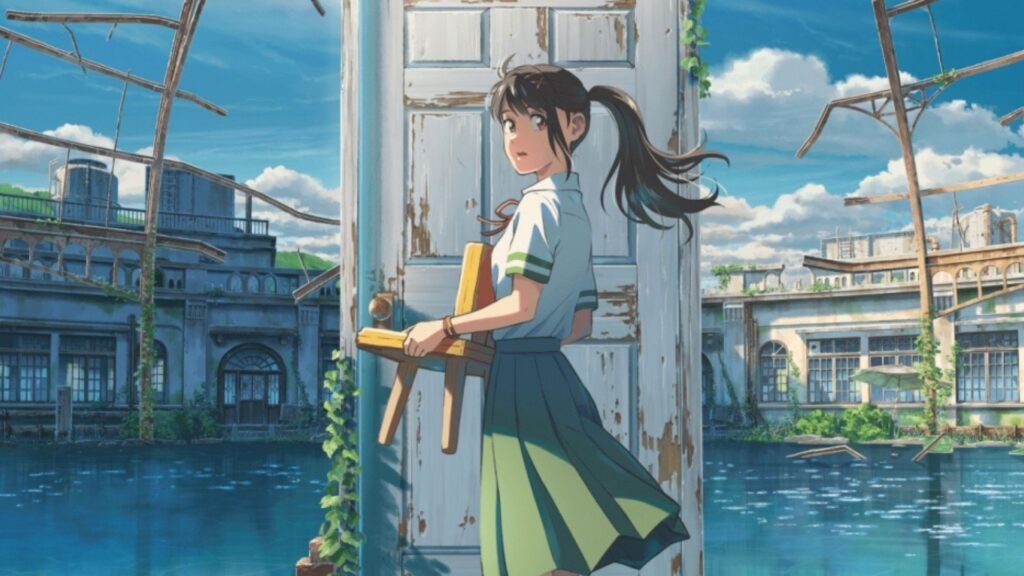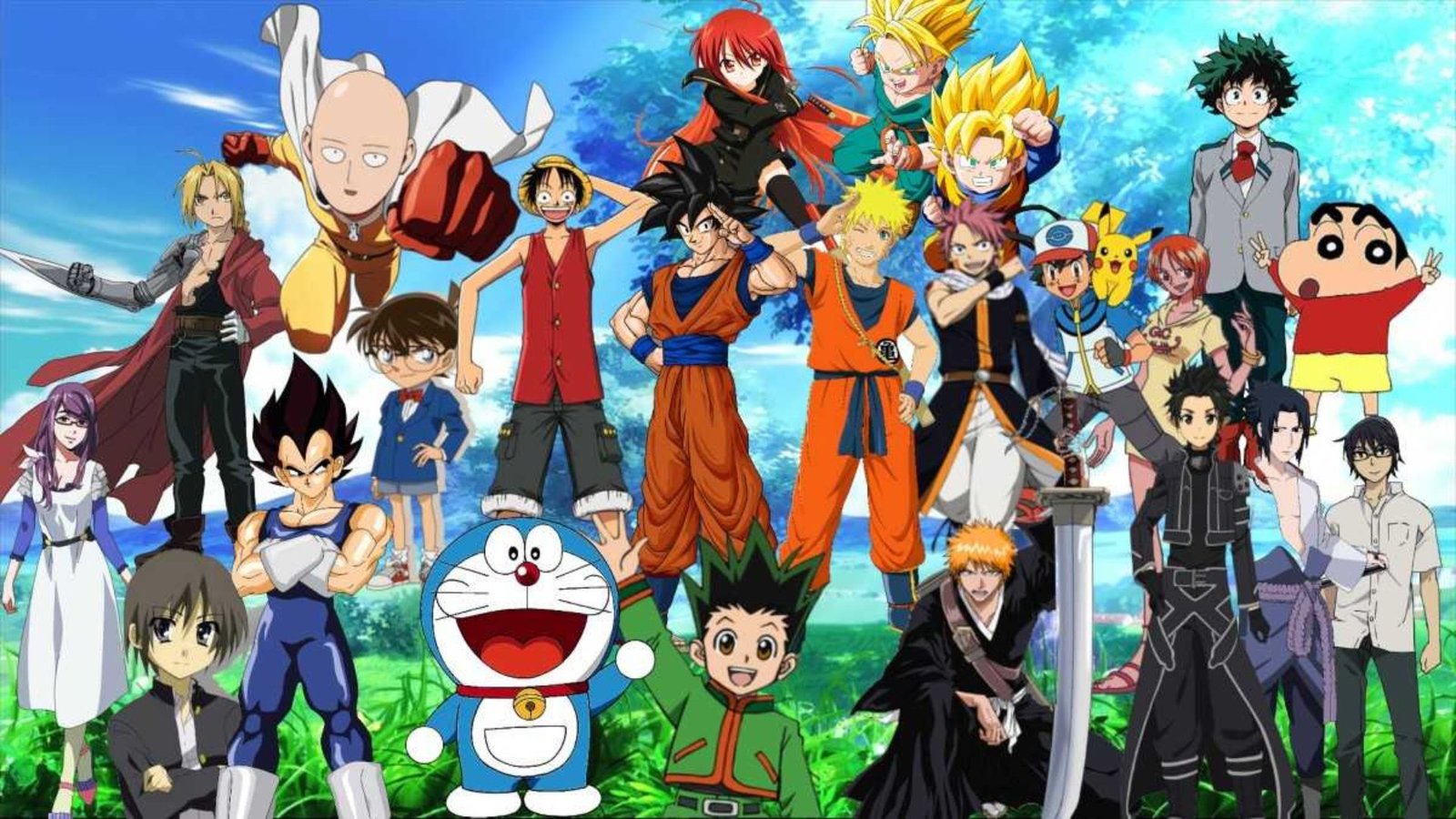How Japanese Animation Reflects Societal Issues
Japanese animation, or anime, is not just a form of entertainment but a medium that often delves into deeper societal issues. Through its diverse range of genres and storytelling techniques, anime provides insightful commentary on various aspects of Japanese society and global concerns. Here’s how Japanese animation reflects societal issues and engages with important themes.

Mental Health and Psychological Struggles
Many anime series address mental health issues, offering a nuanced look at psychological struggles. For instance, “Neon Genesis Evangelion” explores themes of depression, anxiety, and existential crisis through its complex characters and dystopian setting. Similarly, “March Comes in Like a Lion” portrays the challenges of depression and the impact of personal trauma on mental health, presenting a compassionate and realistic view of these issues.
Technology and Its Impact on Society
Anime frequently examines the relationship between technology and society, often highlighting both its benefits and drawbacks. “Ghost in the Shell” and “Akira” delve into themes of cybernetics, artificial intelligence, and the ethical implications of technological advancements. These works question how technology can alter human identity and society, reflecting concerns about the rapid pace of technological change.
Social Justice and Inequality
Social justice issues are also prevalent in anime, with series addressing topics such as discrimination and inequality. “The Promised Neverland” tackles themes of exploitation and the fight for freedom in a dystopian world, reflecting real-world concerns about human rights and social justice. “Code Geass” engages with themes of revolution and class struggle, illustrating the complexities of power dynamics and social change.
Environmental Concerns
Environmental issues are a recurring theme in Japanese animation, often emphasizing the importance of nature and ecological balance. “Princess Mononoke” by Studio Ghibli highlights the conflict between industrial progress and environmental preservation, advocating for a harmonious relationship between humanity and nature. This portrayal underscores growing environmental concerns and the need for sustainable practices.
Identity and Self-Discovery
Anime often explores themes of identity and self-discovery, reflecting societal issues related to personal and cultural identity. “My Neighbor Totoro” and “Spirited Away” address the search for identity and personal growth within fantastical settings, while also reflecting cultural values and societal expectations. These stories resonate with audiences by examining the journey of finding oneself amidst external pressures.
Gender Roles and Representation
Gender roles and representation are other critical areas explored in anime. Series like “Sakura Card Captor” and “Ouran High School Host Club” challenge traditional gender norms and offer diverse portrayals of characters across the gender spectrum. By questioning and redefining gender roles, anime contributes to ongoing discussions about gender equality and representation.
Conclusion
Japanese animation serves as a powerful medium for reflecting and addressing societal issues. From mental health and technological impacts to social justice and environmental concerns, anime provides valuable insights into various aspects of contemporary life. By engaging with these themes, anime not only entertains but also stimulates thought and conversation about important societal topics. Its ability to blend storytelling with critical commentary makes it a unique and influential art form in understanding and addressing the complexities of modern life.



